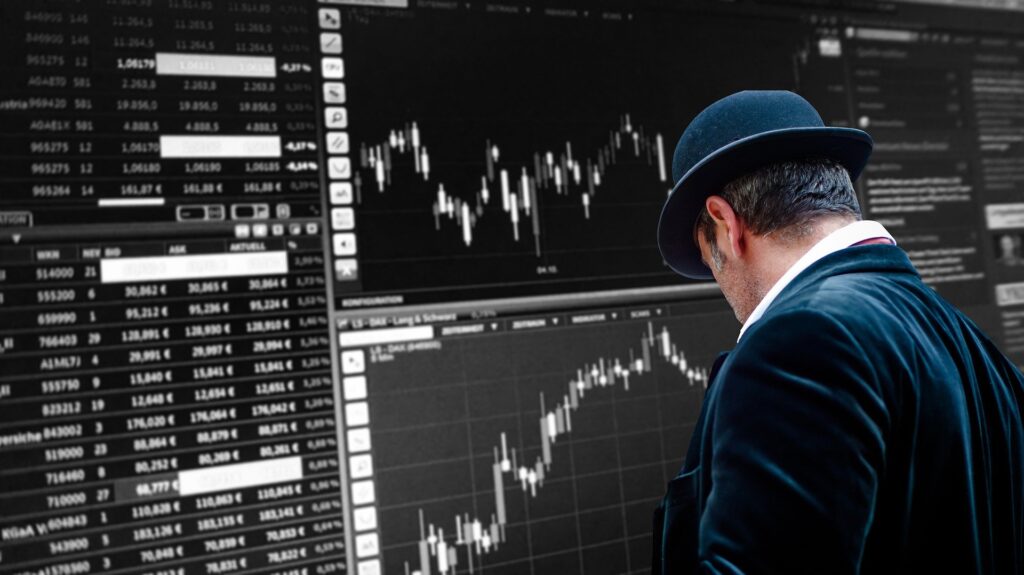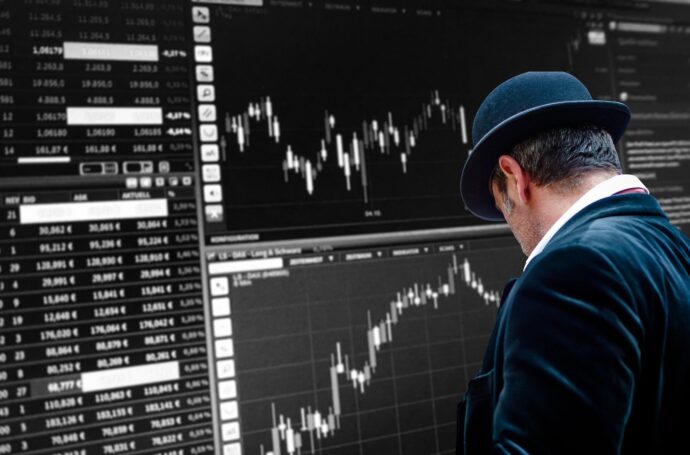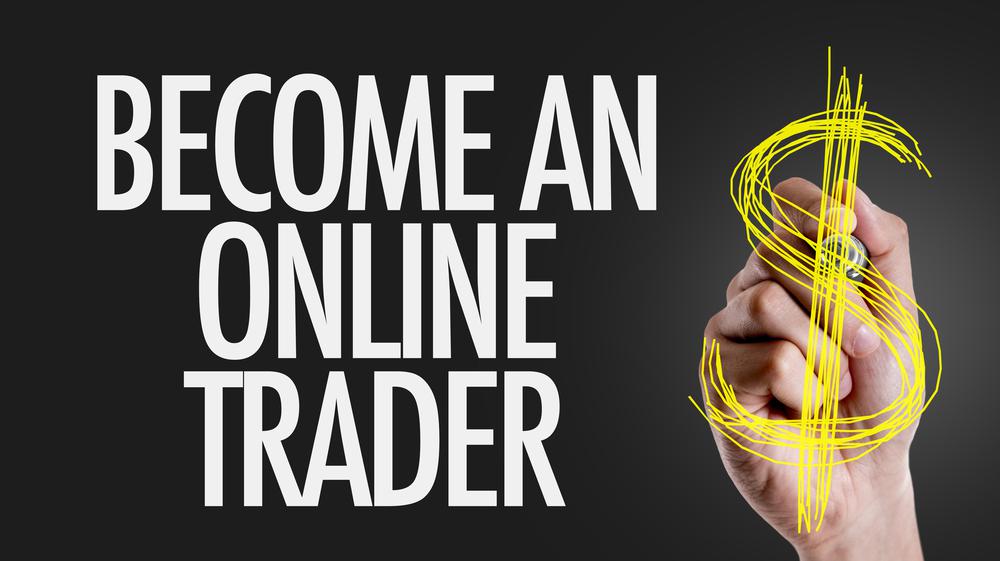
As a novice trader in the United Kingdom, it is crucial to become familiar with different types of options trading to make informed decisions when participating in the market. This guide will provide an overview of the UK’s main types of trading: share dealing, contract for difference (CFD), spread betting, and foreign exchange (forex).
Share dealing is the most common type of trading in the UK and involves buying and selling shares of companies listed on the London Stock Exchange. CFDs are similar to share dealing but allow traders to speculate on the price movement of a security without actually owning the underlying asset. Spread betting allows traders to bet in the direction of a security’s price movement, and forex trading is the act of buying and selling foreign currencies.
When choosing a broker, it is important to compare fees, account minimums, and the types of securities that each firm offers. It is also essential to read reviews and assess customer service offerings before selecting a provider.
Once you have chosen a broker, opened an account, and funded it, you will be ready to start trading. Before placing your first trade, however, it is crucial to develop a trading strategy. This strategy will help you make informed decisions about which trades to place and how to manage your risk.
A fundamental trading strategy
A fundamental trading strategy should consider the following:
- Your financial goals. What are you looking to achieve by trading?
- Your risk tolerance. How much financial risk can you take on?
- Your time horizon. How long do you plan on holding your position?
- Your exit strategy. How will you know when to sell?
A money management plan
In addition to a solid trading strategy, it is also essential to have a sound money management plan. This plan should consider how much capital you are willing to risk on each trade and how you will manage your overall portfolio risk.
Some key money management considerations include:
- Position sizing. How many shares or contracts should you buy?
- Stop-loss orders. At what point will you exit a losing position?
- Take-profit orders. At what point will you exit a winning position?
- Risk-to-reward ratio. What is your target profit versus your stop-loss?
- Diversification. How can you reduce your overall portfolio risk?
What are the risks of day trading in the UK?
There are a few risks to be aware of when day trading in the UK:
- Market risk. The market can move against you, and you can lose money.
- Liquidity risk. There may not always be someone to buy or sell your security at your desired price.
- Margin call risk. If the value of your account falls below the required margin, your broker may force you to deposit more money or close out your positions.
- High-frequency trading risk. Algorithmic traders can place orders faster than humans, impacting the prices you pay or receive.
How can I overcome these risks?
The best way to overcome these risks is to have a solid trading strategy and money management plan which takes into consideration your financial goals, risk tolerance, and time horizon. Diversifying your portfolio and only trading with money you can afford to lose is also essential.
When day trading in the UK, choosing a reputable broker with low fees, good customer service, and a robust platform is crucial.
What can you trade in the UK?
The UK’s main markets are the London Stock Exchange (LSE) and the Alternative Investment Market (AIM). The LSE offers a wide range of securities, including shares, bonds, and derivatives. Futures contracts and listed options are also traded on the LSE. The trading hours for these products vary depending on the security.
The AIM is focused on smaller companies and is considered to be riskier. Other popular markets in the UK include the FTSE 100 index, the GBP/USD currency pair, and gold.
Conclusion
Day trading in the UK can be a profitable way to invest your money. However, choosing a reputable broker, developing a solid trading strategy, and having a sound money management plan is essential. Remember to diversify your portfolio and only trade with money you can afford to lose.




